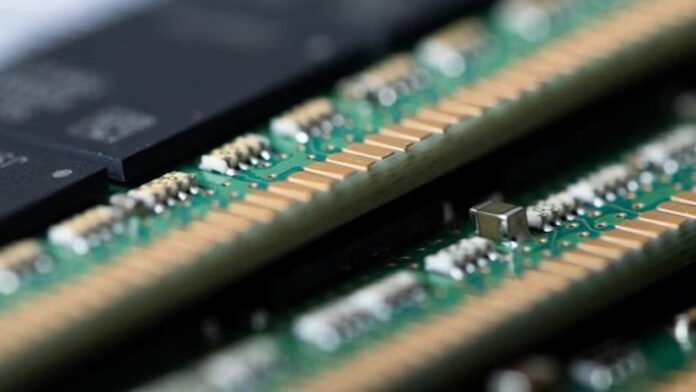India has again emphasized its need for chipmakers as Anil Agarwal’s ambitious $19 billion plan to boost the semiconductor industry faces significant delays. The Indian government’s renewed call for chip manufacturers highlights the urgency of developing a robust domestic semiconductor ecosystem to reduce dependence on imports and strengthen the nation’s technological capabilities.
Anil Agarwal, a prominent Indian industrialist, had announced plans to invest $19 billion in building a semiconductor fabrication unit in India—the project aimed to enhance the country’s semiconductor manufacturing capabilities, which have traditionally relied on imports. Agarwal’s ambitious plan garnered attention and raised hopes for India’s self-sufficiency in chip production.
However, the project has encountered unforeseen challenges and delays. The intricacies of establishing a complex semiconductor manufacturing facility have proved to be more time-consuming than initially anticipated. Despite Agarwal’s vision and significant investment commitment, the project’s progress has been slower than expected, prompting the Indian government to reiterate its call for chipmakers.
India’s push for chipmakers aligns with its broader strategy of promoting domestic manufacturing and reducing reliance on imports, particularly in critical sectors like semiconductors. The global chip shortage crisis, exacerbated by the COVID-19 pandemic, has highlighted the vulnerability of nations heavily dependent on external supply chains.
By attracting chipmakers to establish manufacturing units in India, the government aims to bolster the country’s semiconductor ecosystem, enhance technological capabilities, and create employment opportunities. Developing a robust domestic chip manufacturing industry would not only cater to India’s needs but also position the country as a significant player in the global semiconductor market.
The Indian government has been actively taking measures to facilitate the establishment of semiconductor fabrication units in the country. It has offered incentives, simplified regulations, and supported research and development initiatives. However, the delays in Agarwal’s project underscore the challenges of building a semiconductor ecosystem from the ground up.
As India continues to push for self-sufficiency in chip production, it remains committed to attracting chipmakers and fostering an environment conducive to semiconductor manufacturing. The government’s renewed call for chipmakers highlights the country’s determination to reduce import dependence and emerge as a global semiconductor innovation and production hub.
While Agarwal’s $19 billion plan faces delays, India’s focus on developing a domestic semiconductor industry remains steadfast. The nation recognizes the strategic importance of semiconductor manufacturing and aims to leverage its vast market potential, skilled workforce, and favourable investment climate to propel the sector’s growth.



